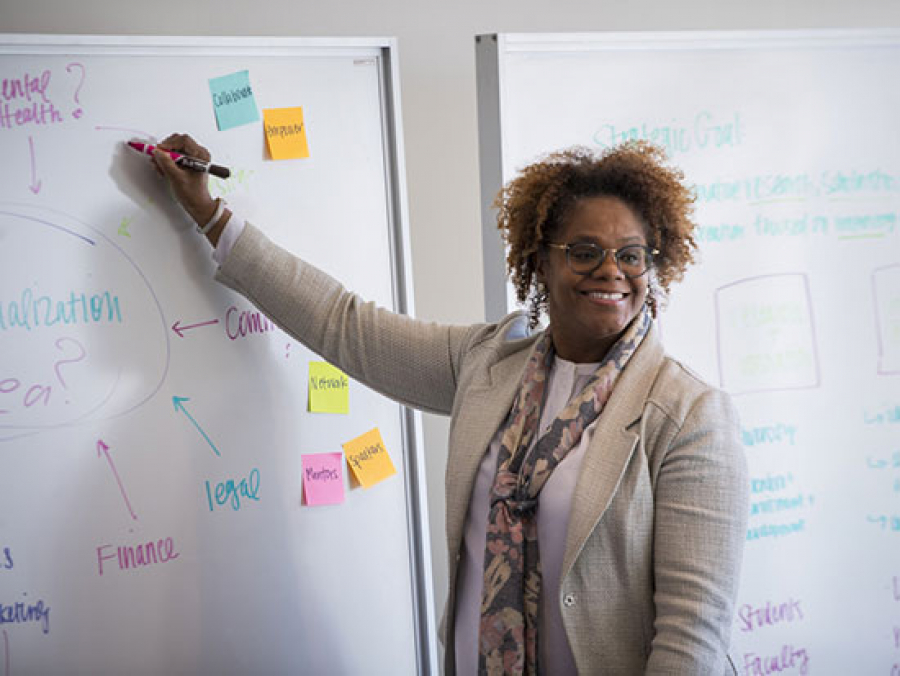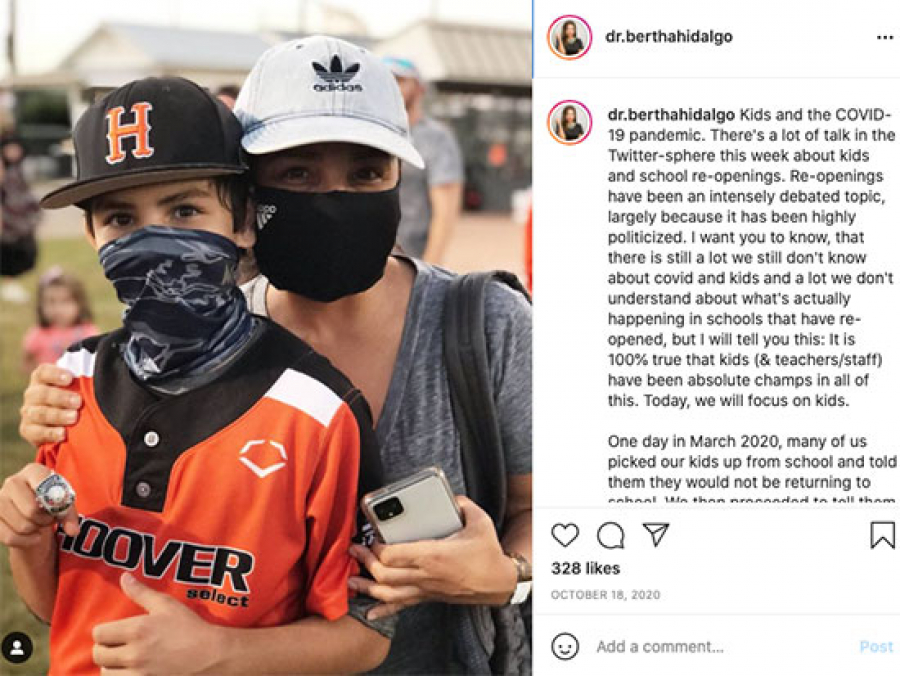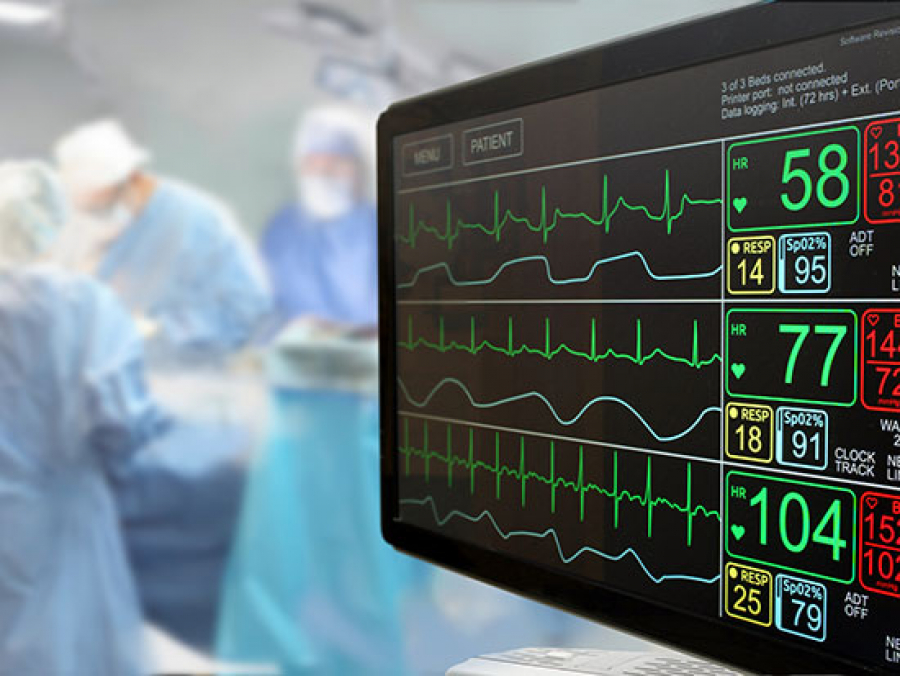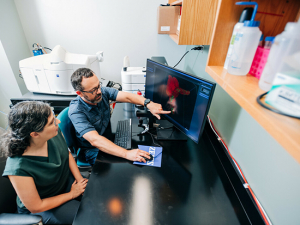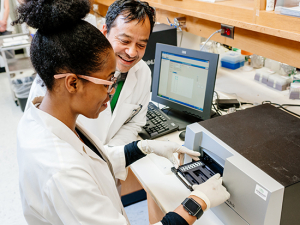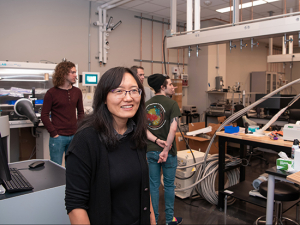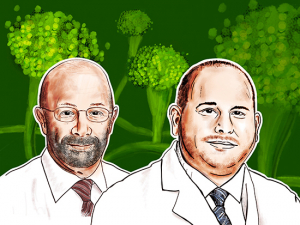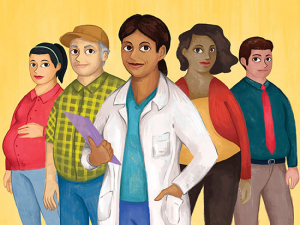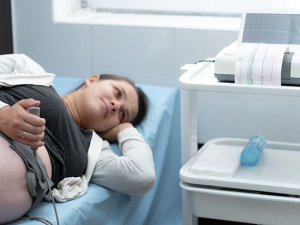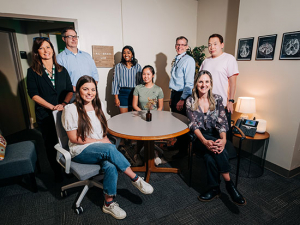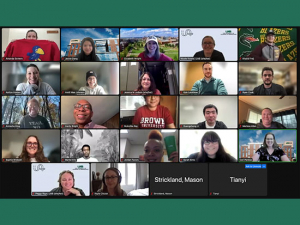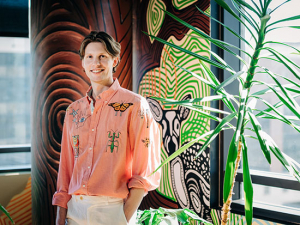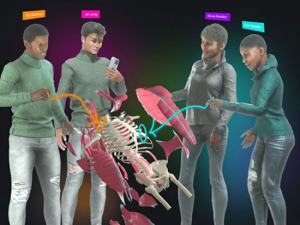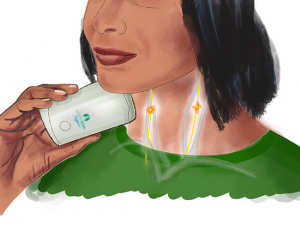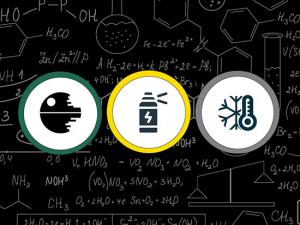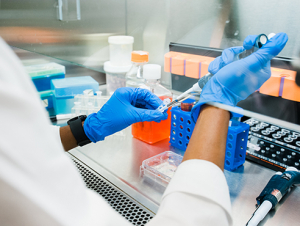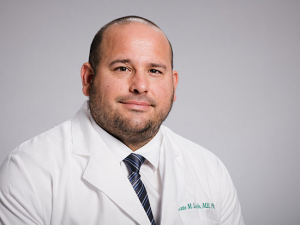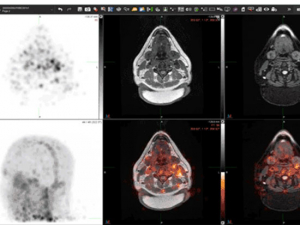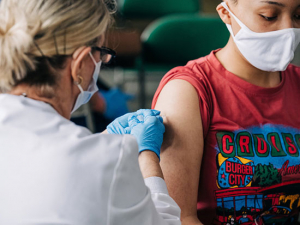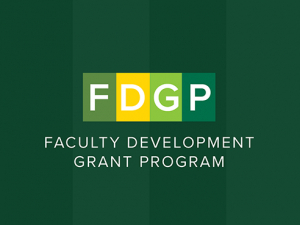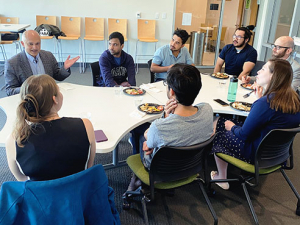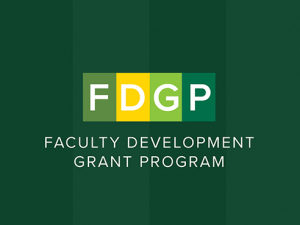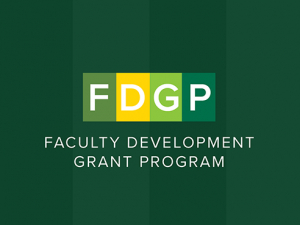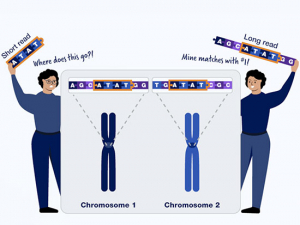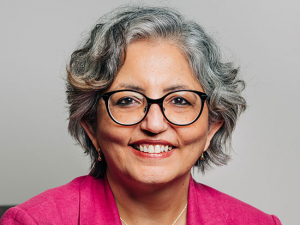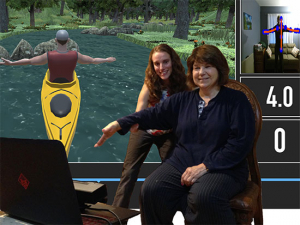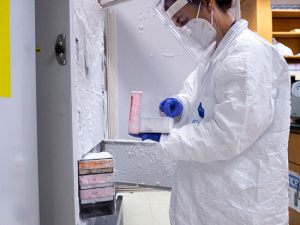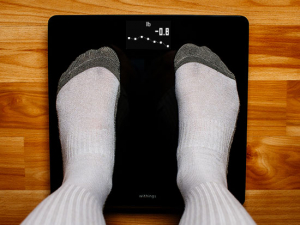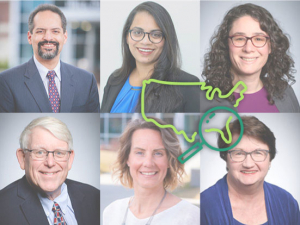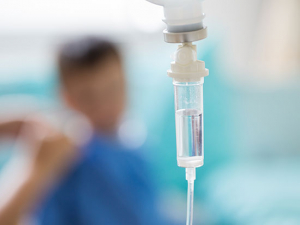Have you NEVER been diagnosed with a psychiatric condition?
Are you eager to participate in a research study?
If so, you maybe be eligible to participate in a non-treatment study. Compensation provided.
For more information, please call UAB Psychiatric Research at (205) 934-2484.
- 18-60 years old?
- Feeling sad, down, hopeless?
- Experiencing increase or decrease in appetite?
- Experiencing loss of interest in activities?
- Having difficulty concentrating?
- Sleeping too little or too much?
- Wishing you were dead?
If so, you may be eligible to participate in a non-treatment research study. Compensation provided.
For more information, please call the UAB Office of Psychiatric Research at (205) 934-2484.
- You must be 11 - 21 years old.
- You will be asked to walk, jump, step, and do exercises.
- Eligible participants will have multiple visits and can be compensated up to $430 depending on your tests.
To learn more about the study, please call (205) 774-8448 or email phuong@uab.edu.
Are you between the ages of 11-19 with no history of mental health disorders?
Are you physically healthy?
If so, you may be eligible to participate in a study.
Compensation provided.
For more information, please call Brennan Wink at 205-975-4208 or send an
email to Brennanwink@uabmc.edu.
To participate in this research, you must:
- be 11 to 18 years old
- have no diagnosed medical conditions
- have a parent/guardian available to participate in lab visits
If you choose to participate in the study, you will be part of the healthy control group. You will come for 2 lab visits 13 weeks apart. The adolescent can be compensated up to $100 total. To find out more about the study, call 205-975-4205 or email pedshealthlab@uabmc.edu.
Are you between the ages of 11 and 19?
Are you feeling sad, down, or hopeless?
Are you feeling guilty, tense, or irritable?
If so, you may be eligible to participate in a study.
Compensation provided.
For more information, please call Brennan Wink at 205-975-4208 or send an email to Brennanwink@uabmc.edu.
Overweight/obese adolescents ages 15-17 with an iPhone or Android phone who sleep less than an average of 8 hours per night and their parent wanted for a study of the effects of sleep on adolescents’ overall health. Requires 8 visits to UAB laboratory and 3 blood draws over a 4 month period. Participants and their parent are eligible to receive a total payment of $400 ($320 for participants and $80 for their parent). For more information call 205-934-2241 or email elliottl@uab.edu.
